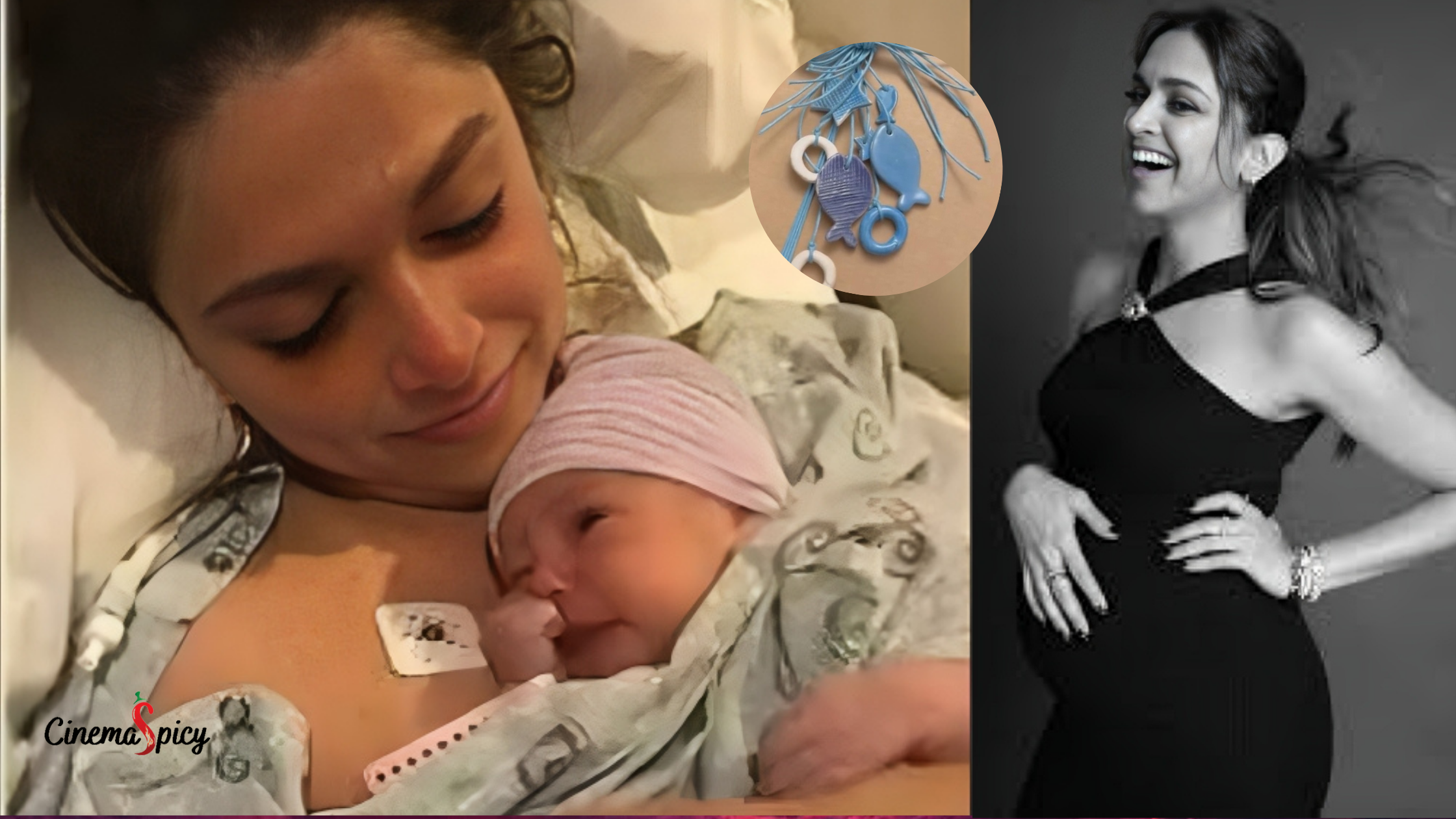Introduction
Awareness for Breast Cancer Breast cancer ranks among the most prevalent cancers that impact women globally. It is crucial to understand the importance of early detection, risk factors, and preventive measures.
Awareness for Breast Cancer
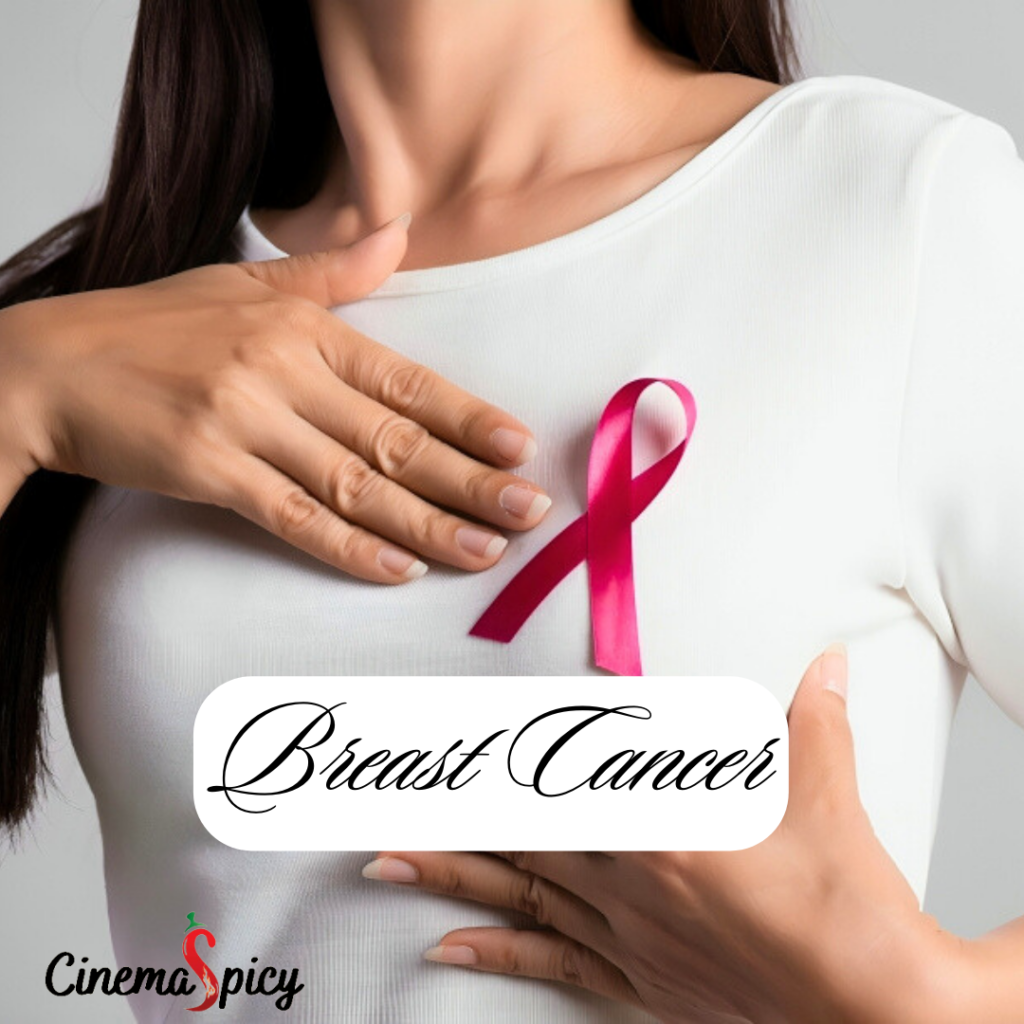
This blog aims to educate readers on breast cancer, its symptoms, and ways to promote awareness.
What is Breast Cancer?
Awareness about breast cancer Breast cancer develops when cells in the breast begin to grow uncontrollably.These cells usually form a tumor, which can often be felt as a lump or seen on an X-ray. While most breast cancers are found in women, men can also be affected.
Types of Breast Cancer
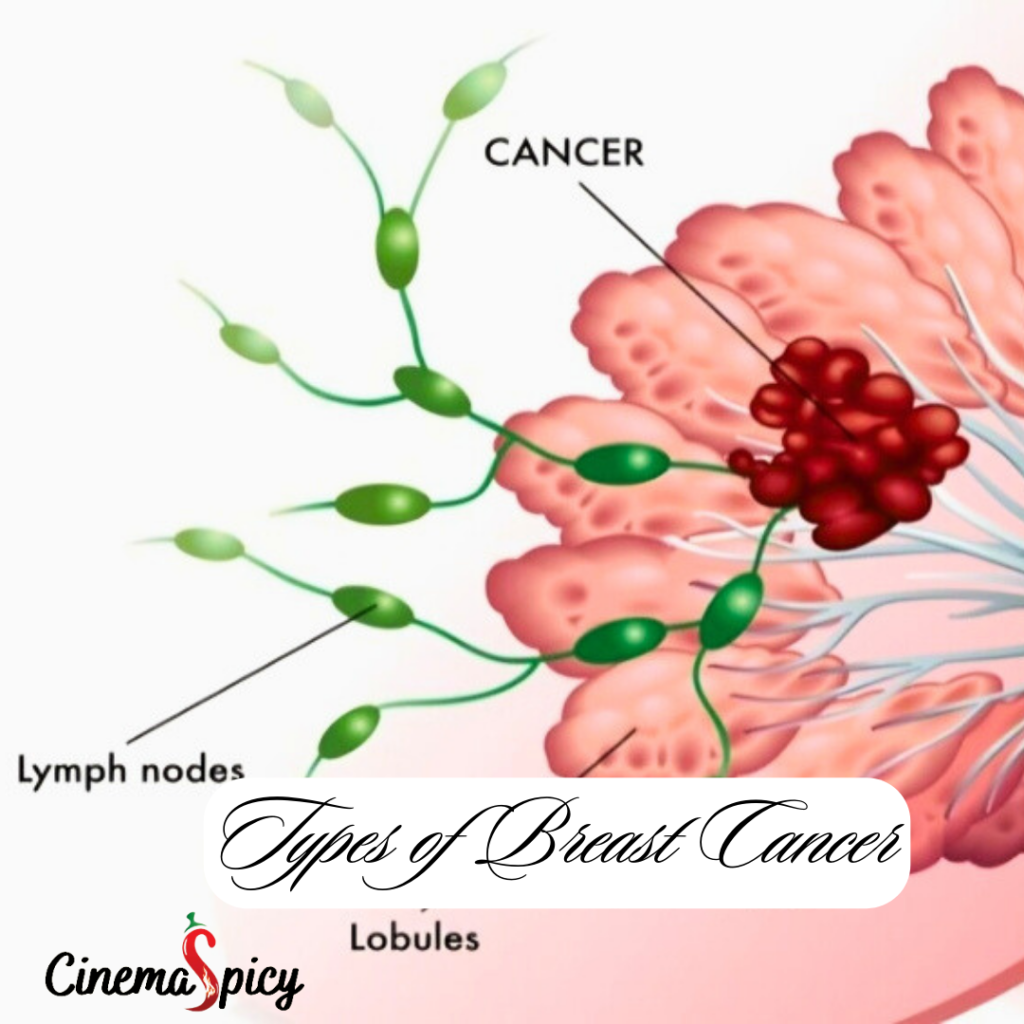
Ductal Carcinoma In Situ (DCIS) is a non-invasive cancer characterized by the presence of abnormal cells within the lining of a breast duct.
Invasive Ductal Carcinoma (IDC): The most common type, where cancer cells spread beyond the ducts into other parts of the breast tissue.
Invasive Lobular Carcinoma (ILC): Cancer that starts in the lobules (milk-producing glands) and spreads to nearby breast tissue.
Symptoms of Breast Cancer
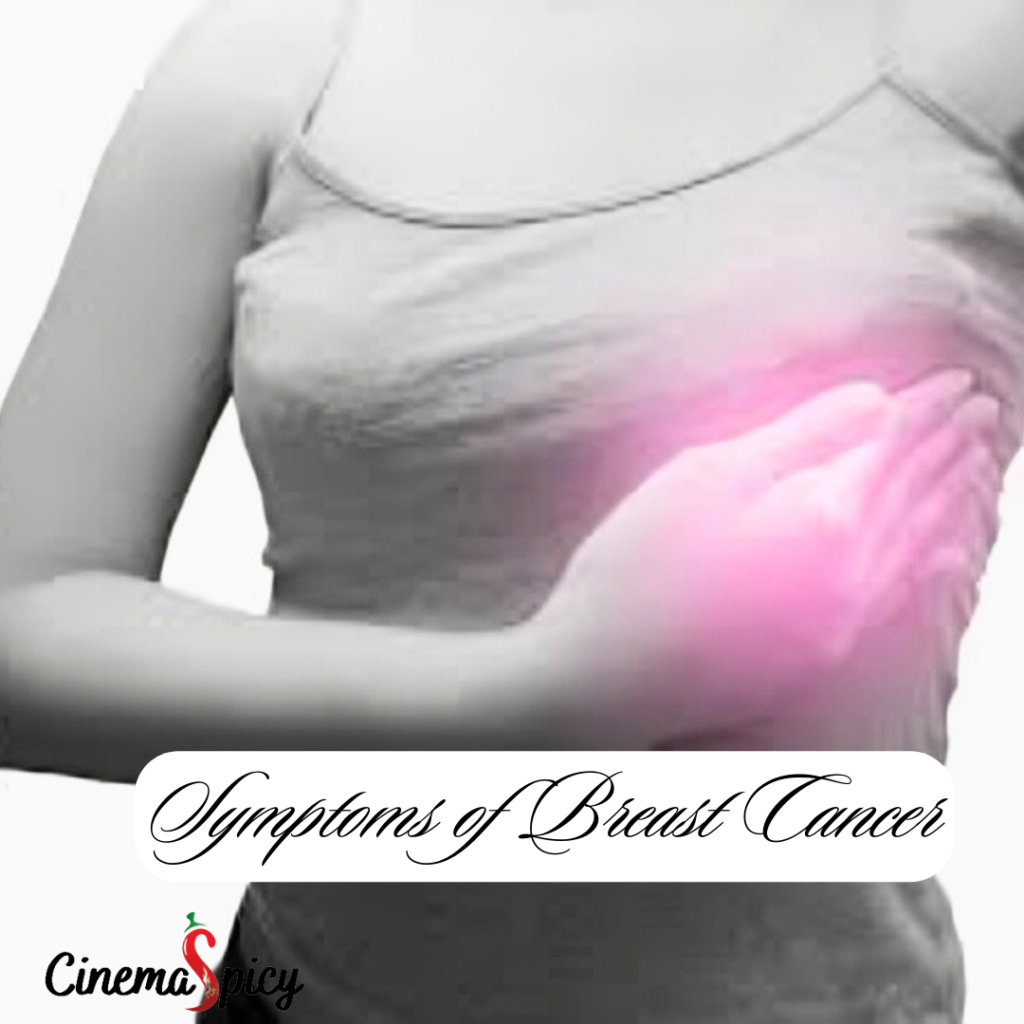
- A new lump or mass in the breast or armpit.Change in breast size or shape.
- Pain in the breast or nipple.
- Nipple discharge other than breast milk.
- Skin changes such as redness or dimpling.
Risk Factors
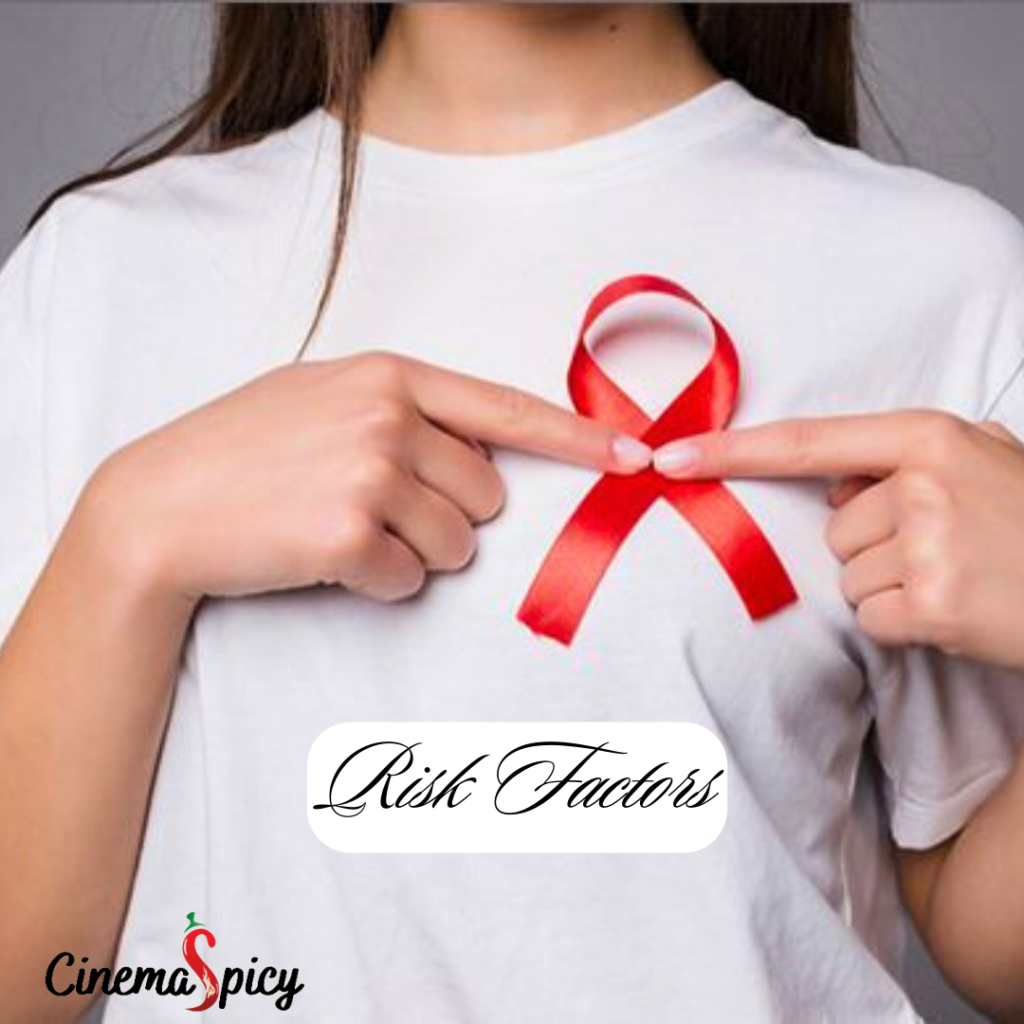
- Age: The risk increases with age.
- Genetics: Family history of breast cancer can elevate the risk.
- Lifestyle: Poor diet, lack of exercise, and alcohol consumption can contribute.
- Hormonal Factors: Early menstruation or late menopause can increase risk.
Also Read : Daily Skin Care Routine for Glowing Skin
Also Read : The Impact of Social Media on Mental Health: You Should Read
Importance of Early Detection
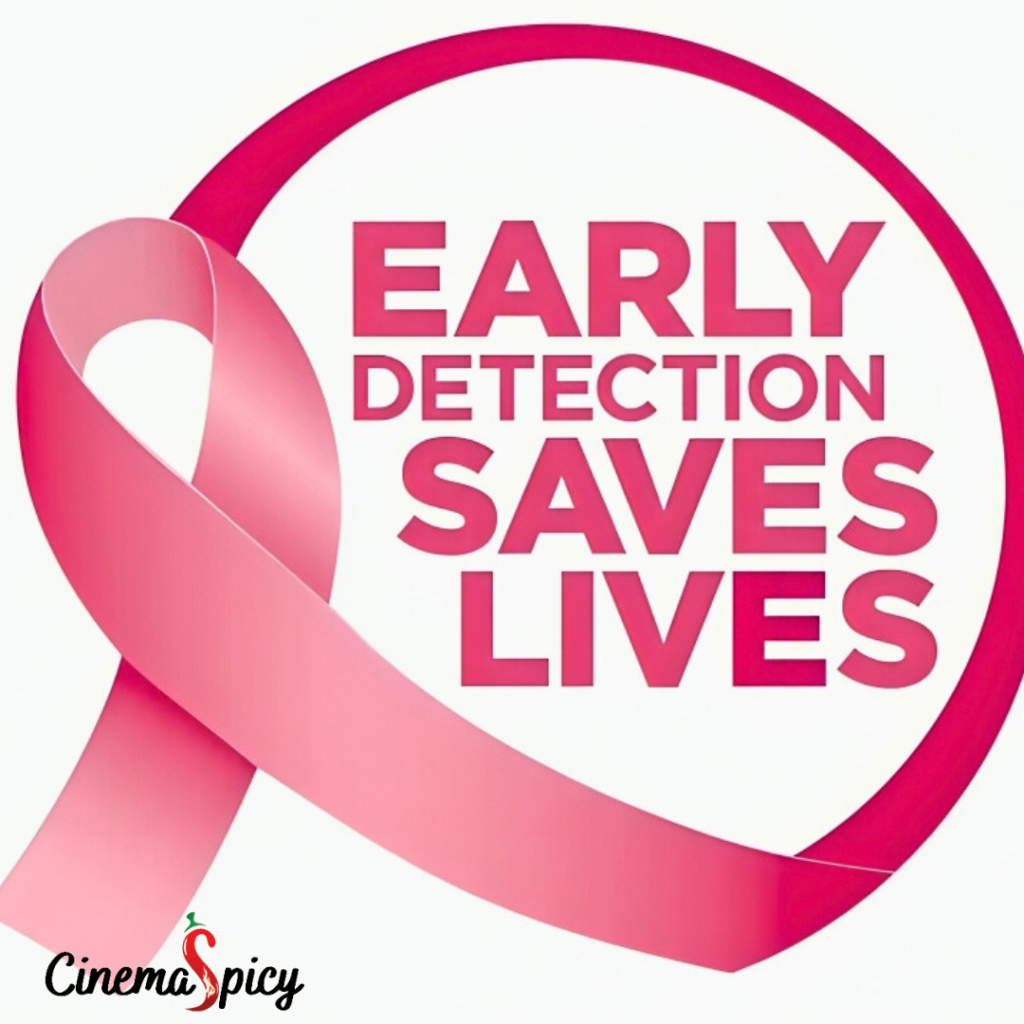
Awareness about breast cancer detecting breast cancer early can greatly enhance the likelihood of successful treatment. Regular screening and mammograms are crucial for early detection. Women aged 40 and older should undergo a mammogram every one to two years.
Preventive Measures

- Healthy Diet: Include fruits, vegetables, and whole grains in your meals.
- Regular Exercise: Strive for at least 30 minutes of physical activity on most days.
- Limit Alcohol: Keep alcohol intake to a minimum.
- Regular Screening: Follow guidelines for mammograms and clinical breast exams.
- Promoting Breast Cancer Awareness
- Educational Campaigns: Schools, workplaces, and community centers can host informational sessions.
- Fundraising Events: Participate in or organize walks, runs, and other events to raise funds for research.
- Social Media: Use platforms to share information and personal stories.
- Wear Pink: Wearing pink ribbons or clothing can show support and spark conversations.
FAQs about Breast Cancer
Q1: Who should get a mammogram?
A1: Women aged 40 and above should get a mammogram every 1-2 years. Individuals with a family history of breast cancer might need to begin screening at an earlier age.
Q2: Can men get breast cancer?
A2: Yes, men can get breast cancer, though it is rare. Men should report any unusual changes in their breast tissue to a doctor.
Q3: What are the treatment options for breast cancer?
A3: Treatment options include surgery, radiation therapy, chemotherapy, hormone therapy, and targeted therapy.
Q4: How can I reduce my risk of breast cancer?
A4: Maintain a healthy lifestyle, exercise regularly, limit alcohol, and follow screening recommendations.
Q5: What should I do if I find a lump in my breast?
A5: If you find a lump, see your doctor promptly for an evaluation. Not all lumps are cancerous, but it is essential to get them checked.
Q6: Is breast cancer hereditary?
A6: About 5-10% of breast cancers are believed to be hereditary, resulting from gene mutations passed from parent to child.
Conclusion
Raising awareness for breast cancer is vital in the fight against this disease. Awareness about breast cancer facts by understanding the risk factors, symptoms, and preventive measures, individuals can take proactive steps towards early detection and treatment. Through education, support, and advocacy, we can work together to make a significant impact in the lives of those affected by breast cancer.





